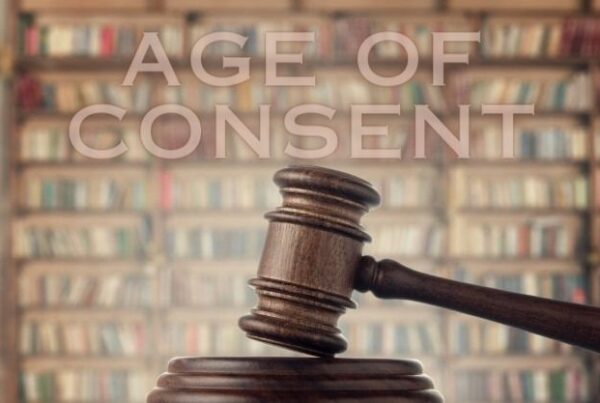What is my Right of Privacy ?
In the country where I am ready to freely share all my life history with a co-passenger or colleague at work or where it is ‘ok’ to ask a complete stranger , “Where are you from ? How many children do you have ? What does your husband do ?“ , what is my reasonable expectation of privacy ?
What does this “Right of Privacy “ really mean? Recently there is increasing relevancy about this question as technology has invaded us and you and me are being watched , recorded and analysed all the time!
So is there a law relating to Privacy in India ? No is the simplest and a correct answer but not a very accurate one. Though there is no direct provision providing for the Right to Privacy in statute or the constitution of India, the Supreme Court on numerous occasions has interpreted that the right of privacy is enshrined in the fundamental right of life guaranteed by the constitution.
The Supreme Court in the case of Govind Vs State of Madhya Pradesh observed that: “There is no doubt that the maker of our constitution wanted to ensure conditions favorable to the pursuit of happiness”. In the case of R. Rajagopal Vs State of Tamil Nadu the Supreme Court observed that: “The Right of Privacy is implicit in the Right to Life and Liberty guaranteed to the citizen of this country by Article 21. It is a ‘right to be let alone’. A citizen has a Right to safeguard the privacy of his life, family, marriage, procreation, motherhood, childbearing and education among other matter. None can publish anything concerned the above matters without his consent, whether truthful or otherwise and whether laudatory or critical. If he does so, he would be violating the Right of Privacy of the person concerned and would be liable in an action for damages”.1994 SCC (6) 632
Dignity as a Human Right
Further dignity of an individual is an important aspect of human rights and signifies the inherent right of a human being to be treated with respect and dignity.
In the case of NAZ Foundation Vs.Government of NCT, the Delhi High Court clearly stated that:“Constitutional protection of dignity requires us to acknowledge the value and worth of all individuals as members of our society. At the root of the dignity is the autonomy of the private will and a person’s freedom of choice and of action”.
So even in the absence of a direct privacy legislation an individual’s Right of Privacy and dignity is amply protected by the constitution.
Definition of Privacy
Privacy expectations of an individual are multidimensional. Bodily privacy, where law enforces social norms to protect against unwanted physical contact including assault; territorial privacy where law enforces property rights including protection against dispossession without following due process of law; communication privacy, where law protects all private communications from being tapped or from unauthorized interceptions and this now has special relevance in the current global debate on the limits of surveillance; and information privacy, as it can lead to the identification of a person and hence “Personal Data” is strongly protected in some jurisdictions and the manner in which it is collected, processed, stared, used or disclosed is heavily regulated. Location privacy is one more dimension and is safeguarded by laws that criminalize stalking and even cyber stalking but majorly violated by GPS tracking systems and cell tower triangulation.
Privacy is also different from intimacy and secrecy. What is intimate is private but the converse may not be true. For instance, the nature of a person’s sexual relations is both intimate and private whereas information about a person’s credit history is private but not intimate. Privacy is also confused with secrecy at times. For eg a state’s nuclear program details are secret but not private.
But privacy more than these five aspects such as bodily privacy, territorial privacy, communications privacy, information privacy and location privacy ? In the case of R. Rajagopal Vs State of Tamil Nadu the Supreme Court observed that: “It is a ‘right to be let alone’. Which means decisional autonomy, my right to make choices, the most important ingredient of a Right of Privacy.
The main conflict of the Right to Privacy is the Right to know. The Right to know exerted especially by the press is mainly on the grounds of ‘larger public interest and benefit “ . The decision in the Ratan Tata vs Union of India (2010) case in respect of the government’s unauthorized disclosure of Nira Radia’s intercepted communications tapes will indicate whether the scales tilt in favour of the Right of Privacy or the Right to know!
Till then, if I don’t control my urge to share my life history with my co-passenger, no law however robust can guarantee the protection of my privacy.




